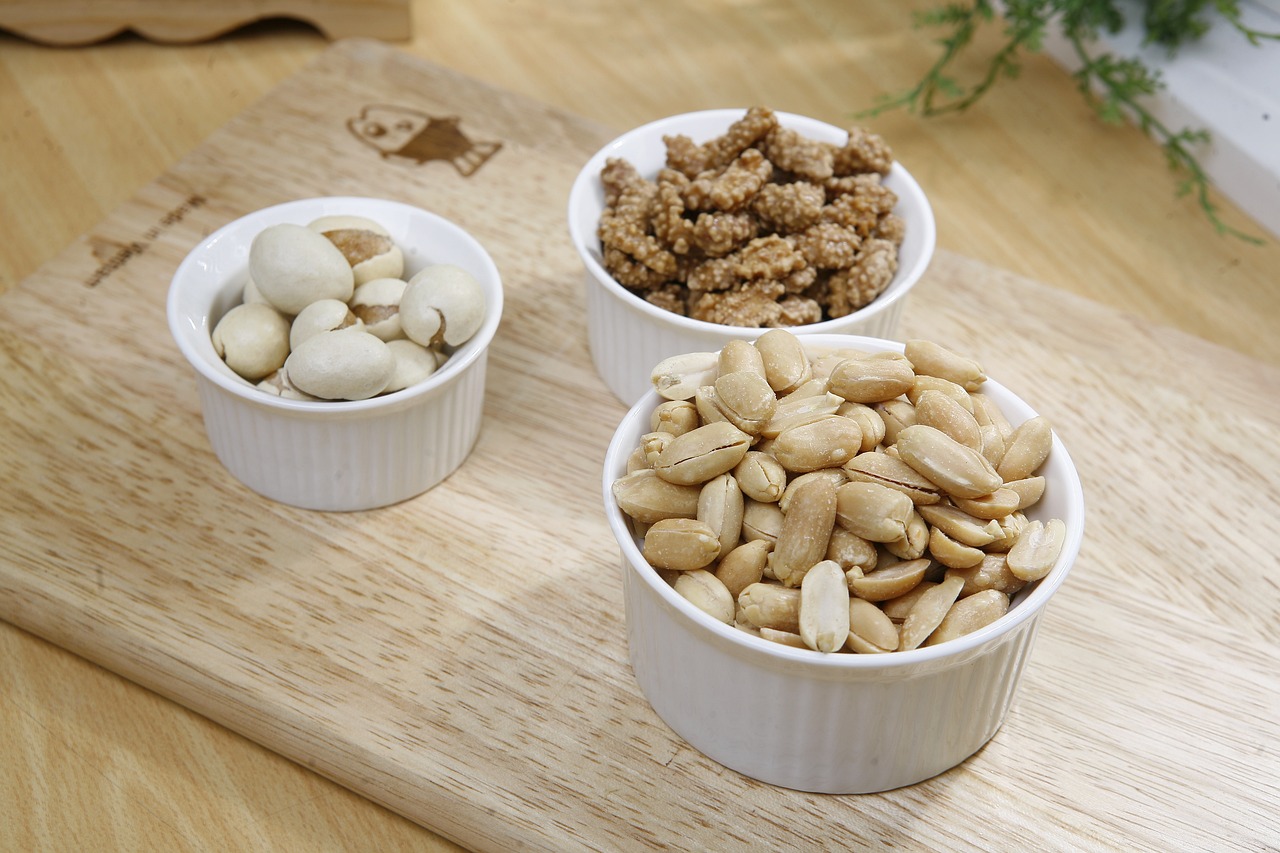How long is the night fast for those who live in a nursing home?
This article is written based on Swedish conditions and translated with AI, with the hope of being able to inspire.
For the elderly who live in nursing homes, the night fast is a natural part of the day, but it is important that it does not become too long. A long overnight fast can increase the risk of malnutrition and other health problems. By offering small meals, nightly snacks and adapted mealtimes, the business can ensure that residents get enough nutrition and maintain their health and well-being. The night fast should not exceed 11 hours. In nursing homes where the resident does not have the opportunity to take his own food, there must be routines for offering extra food during evenings and nights. Otherwise, there is a risk of residents suffering from malnutrition.
 Foto: Mostphotos
Foto: MostphotosTo break the night fast, to avoid residents becoming malnourished
Night fasting, the period when no food is taken during the night, is a natural part of our day. But for elderly people living in nursing homes, an excessively long overnight fast can have negative consequences for their health and well-being. Night fasting is a natural part of our biological clock, but for older people it can be problematic to stick to a long night fast. Aging can affect appetite and metabolism, meaning that the elderly may need to eat smaller portions for shorter periods of time to get enough nutrition.
Risks of long night fasting
Long night fasting can lead to several health risks for the elderly
Malnutrition: If the elderly do not eat enough during the day, they can become malnourished, which can negatively affect their health and increase the risk of disease.
Reduced muscle mass: Long overnight fasting can lead to loss of muscle mass, which can make the elderly weaker and increase the risk of fall injuries.
Mental impact: Inadequate nutrition can affect cognitive function and lead to confusion and difficulty concentrating.
How can routines be created to reduce the risk of unhealthy night fasting?
There are several measures that the operations of a nursing home can take to ensure that the night fast does not become too long and that the residents receive enough nutrition
Small meals and snacks: Offer small and nutritious meals during the day and evening. This can include snacks and drinks that are easy to consume even at late hours.
Nighttime snack: Consider offering a nighttime snack for residents. This can be something easy to digest like yogurt, fruit or a sandwich. This is mainly for those who go to bed early and wake up late.
Adjust the times when food is served: If possible, adjust meal times to better match the biological clock of the elderly. Meals can be scheduled earlier in the evening to reduce the length of the night fast.
Individual Planning: Work with each resident to create individual nutritional plans that take into account their unique needs and preferences.
Monitoring of weight: Carefully monitor the elderly's weight and nutritional intake to identify possible weight loss or malnutrition at an early stage.
Monitor sleeping habits:Those who go to bed early and/or wake up late are most at risk. How can you best help them?
The mealtime environment is important and affects both appetite and nutrition, which in turn affects how much the resident eats and how much nutrition they get. A very important factor is that the staff who attend the meal also have the opportunity to sit down throughout the meal and that they also have the skills needed to meet the residents' needs. It can be about everything from how certain food should be served, how to feed a person with swallowing difficulties or how to handle the food so as not to cause food poisoning to how to create a calm and pleasant meal environment. Residents must be allowed to sit with people they enjoy and have a good time with, and they must be given the time they need to eat their meal. Time is an important factor, both how the different meals of the day are served, but also that the resident gets the time they need to eat their fill in peace and quiet is of the utmost importance. That the resident can eat his fill for dinner and evening meals reduces the need for an extra meal later in the day.
Keep in mind that the dietary intake can also affect the safety of the residents, too little nutritional intake can lead to fall injuries, wounds and, in the worst case, both hospitalization and reduced functional ability.
Reflection questions - night fasting
Care staff:
- Do you monitor nutritional intake and weight regularly?
- Do you have routines to keep track of the night fast?
- Do you monitor the sleeping habits of the residents
Manager, nurse, occupational therapist and physiotherapist:
- Do you have a good team collaboration around nutritional intake and meals?
- Do you monitor the sleeping habits of the residents?
- Is it possible to follow what the night fast looks like for the residents on an individual level?
Next of kin:
- Is evening meal offered?
- Do you know when the weight was last monitored?
Erland Olsson
Specialist nurse
Sofrosyne
Better care every day

Aktuellt i media
-
2025-04-14 04:00
08 Förebyggande o lokaler
The art of furnishing a nursing home, a balancing act between homeliness, functionality, and hygiene aspects.
info -
2025-04-10 04:00
04 Bemötande
Waking up in a nursing home - is the morning routine adapted to each individual's needs?
info Bild: Pixabay
Bild: Pixabay -
2025-04-07 04:00
09 Mat och måltid
For the elderly, it is often important to eat many snacks in order to get enough nutrition.
info Bild: Pixabay
Bild: Pixabay -
2025-04-03 04:00
04 Bemötande
What creates safety in elderly care homes - advice and tips on creating a secure environment for the residents
info -
2025-04-01 00:00
10 Aktivitet o funktionsbevarande arbetssätt
Reminiscing, working with memories, is an activity that creates a lot of added value for people with dementia.
info - 2025-03-31 04:00 05 Planering

